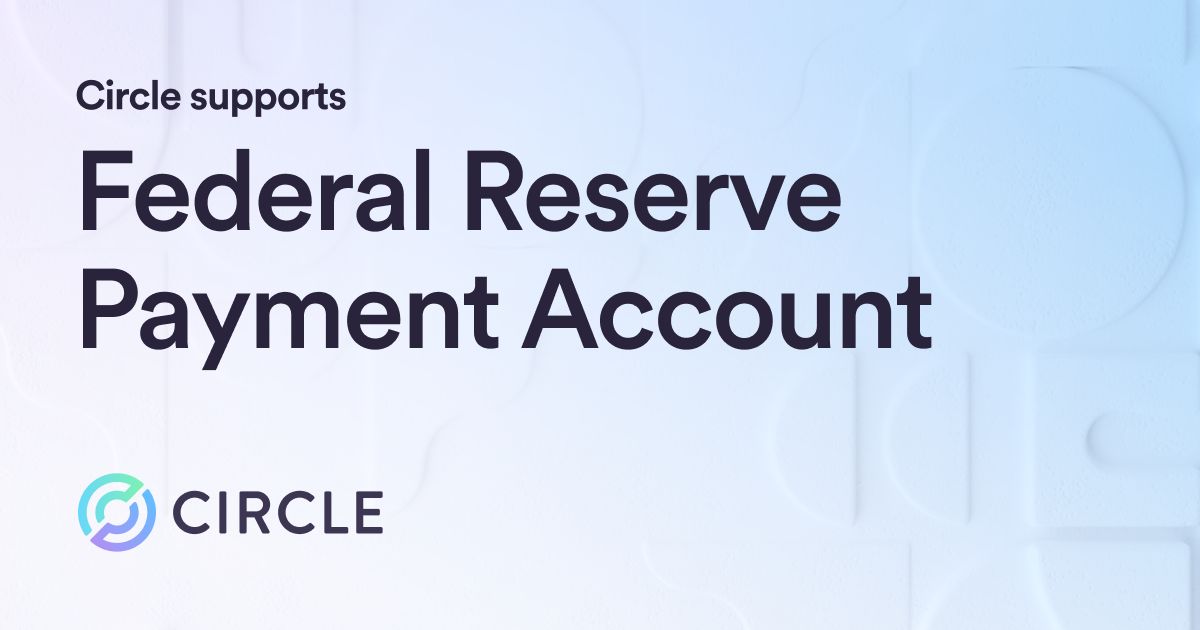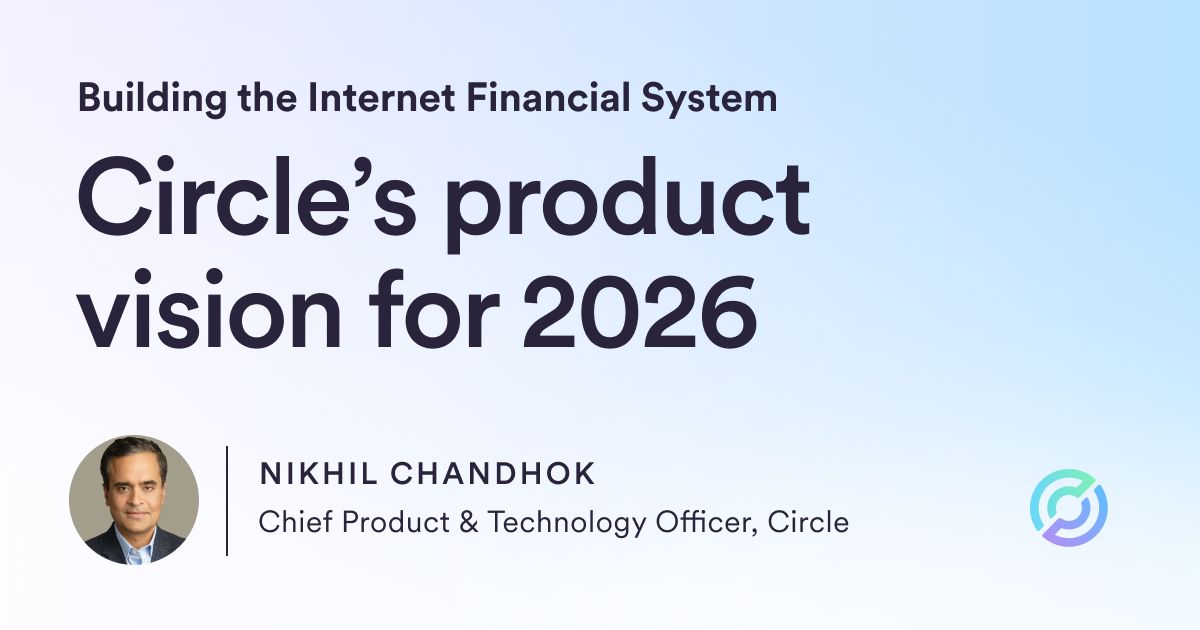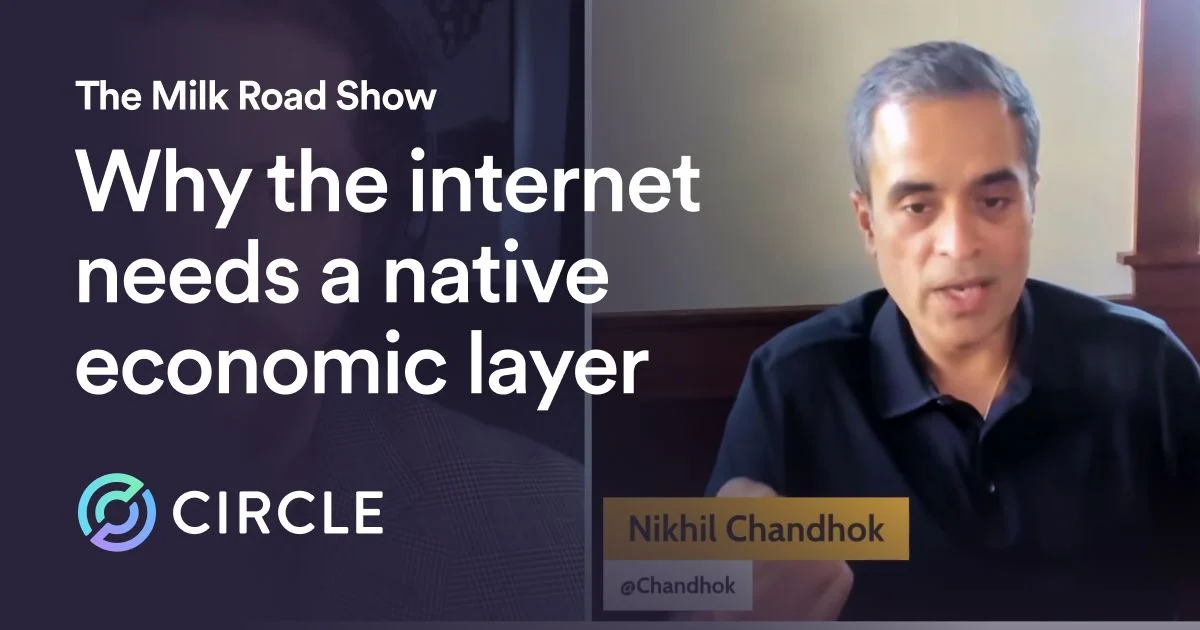Circle's products are still in their infancy, but we are here to answer any questions you have before the big launch. Read our blog to see answers to FAQs!

Answering the most popular questions from our launch
Our work to create a consumer finance company introducing mainstream consumers to “Digital Money” (for now this simply means Bitcoin) slipped out of stealthy limited release and into a broader invite-only mode this week in Amsterdam.
To me — as someone recently labeled the “quiet” cofounder, I suppose in comparison to my more vocal friend and co-founder Jeremy — the debut came with more praise than we deserve at this point, and also more venom than we probably deserve.
But in between those extremes, many reasonable people asked perfectly reasonable questions. My own informal answers:
“Where’s my damn invite?!”
Arithmetic is the short-term issue: Tens of thousands of requests must map to an initial cap far, far below that number (and ramp up to greater volume only afterward). This angers some people. I can understand why; in the debut demos and press, we should have more strongly emphasized how closely we’re throttling the ramp-up. We are not in general release whatsoever.
Making this worse from a Bitcoin pro’s perspective: The product is designed for casual consumers, so the initial invites have gone to those sorts of profiles rather than those who already breathe ECDSA crypto and the like. We’ll certainly expand, as we need the harsh feedback of the pro Bitcoiners just as well, but we will not expand quickly enough to please everyone.
Obviously this is a temporary issue, while we’re in this for the long game; we hope to reach millions of people over time. But in the meantime, I get the frustration. I suppose as short-term problems go, this is the preferable one to have; it would be worse if no one cared at all. But that’s, of course, little consolation to those waiting.
“Where’s the hidden fee, what’s the catch, how do you make money?”
We’re interested in the long-term value of digital money, not optimizing for minor short-term profit. We will have future, higher-level products that we fully intend to be revenue-generating, but this first basic product needs to be free. That’s the cost of mainstream consumer adoption.
The Circle conversion rate may fluctuate higher or lower than that of various services and exchanges at different points in time, and some may view that as margin, but it’s simply never a revenue generator if we’re using it only as a means to mainstream currency conversion (which we are). We are not a trading platform.
Note, though, that “free” does not mean we pay credit card interchange fees for everyone (we pass that fee on, if you choose to use a credit card).
On the whole, “free” is part of giving people more control over their own money. If you send an email to me, SMTP doesn’t chop off a few words as a tax or toll, and my IMAP server doesn’t delete a few more words as yet another toll — but that is essentially what card networks do to money. Like email and other Internet standards: so it should go for the Internet of money. The Internet wants movement of information on its rails to be free, or very close to free, and revenue-generating value to be built on top of those basic democratized rails.
“Aren’t you open to massive fraud with the credit card thing?”
We’re willing to assume the cost of a certain level of fraud, though obviously we will need to tweak instant access and IDV to prevent fraud from becoming untenable. Reducing friction for mainstream consumers simply implies high costs in this domain, and we’re accounting for this in our COGS.
Part of the reason for throttling invites is to get a good handle on this and improve instant access under manageable volume. We’re confident we can get there, but yes: it will also cost us along the way.
“Consumers don’t want volatility and fluctuating balances.”
Totally agree. Changing balances are weird for the mainstream consumer; they’re funding an account, not buying a stock. My own sister would probably call support the first time she saw her balance tick up or down. Even if she was “making” money, she’d still be uncomfortable, because she’s a consumer with an account, not an investor in Bitcoin.
Bear in mind that despite our own hype, this first Circle product is in its infancy, and not all intended features are yet present. We have a specific approach in mind for addressing volatility and will debut that when it’s more mature.
“So are you guys self-insured or what?”
No, we are not. We worked hard to secure an initial policy that covers 100% of assets under management — that includes all customer balances as well as Circle reserves — through underwriters with excellent S&P ratings. It is genuine, audit-able, and it is free to all customers whether they link a card or bank account with us or not.
I believe that insurance, like full reserve audits, will soon be basic requirements for companies like ours, but in the meantime we’re in a period where they’re viewed as features. I think this underscores how early we are in the evolution of this business.
“So are you trying to kill {$RandomBitcoinCompanyName}?”
I feel like we’re all kicking the shins of the same large giants together. We need more than just a handful of “blessed” companies and more than a short-sighted view of competition within our current small-volume world. We need an ecosystem which evolves collectively and holistically, to the benefit of us all. To harp on the 1994 analogy: If we’re merely Compuserve vs. AOL, we all lose; we need to be part of the much-broader, mutually beneficial, emerging Internet of money.
Personally, the Bitcoin company I’m asked about most often is Coinbase. So on a personal note, I will say I’ve met their founders only a handful of times but find them thoughtful, gentlemanly, and helpful. It would be more dramatic to claim otherwise, but it’s simply not true. I want that team to succeed, and I think their success helps Circle in very real and interesting ways (and vice versa).
However, we do not shy from competition. We have several real competitors we hope to transform or crush; I won’t name brands, but they’re in the consumer finance and traditional payments domains, not in Bitcoin.
“What’s next then?”
There are many things to come, including features and services that don’t seem to be on anyone’s radar at all (even among the most imaginative pundits). So I think we will offer some delightful surprises.
But we’re going to do this cautiously, at a measured pace, to get it right. We’re not about the short-term here; I maintain a healthy dose of cynicism about many things, yet still earnestly write this: We are quite seriously trying to change the world, and we are prepared for that to take time.
So those are the most popular questions I hear, at least for now. I hope these few answers have given more color to the recent hype and hope, for whatever my personal thoughts may be worth.
Sean
This post first appeared on Medium.




